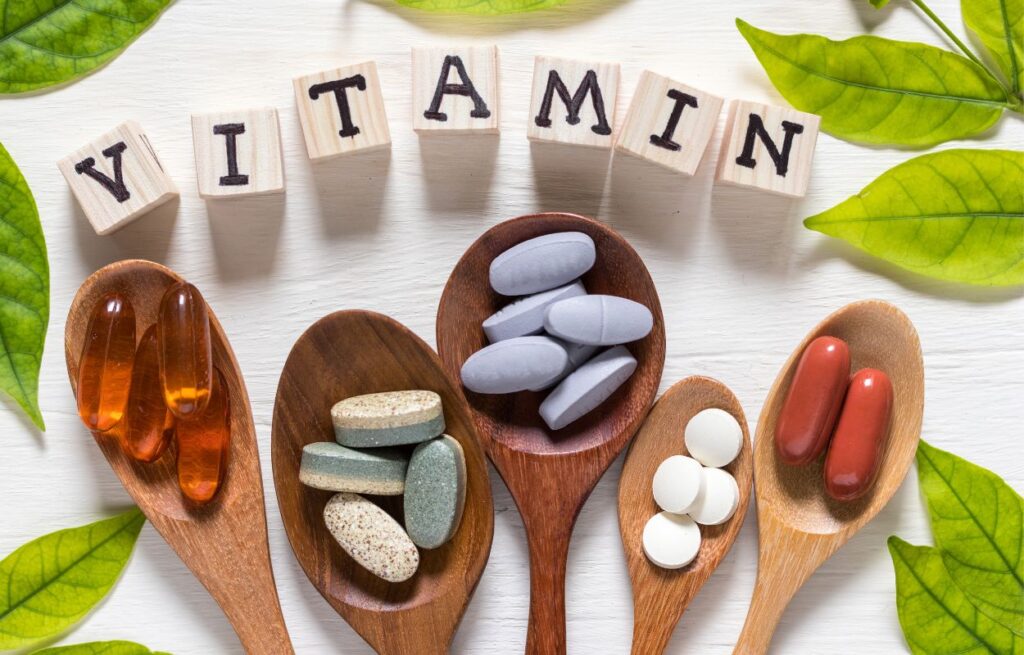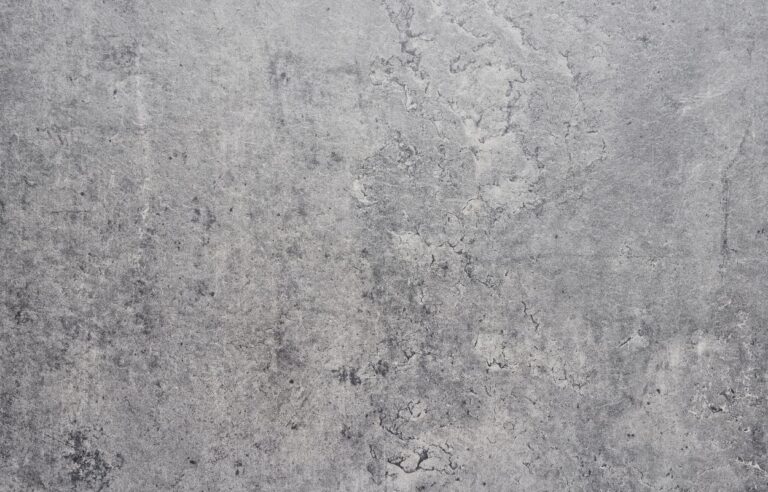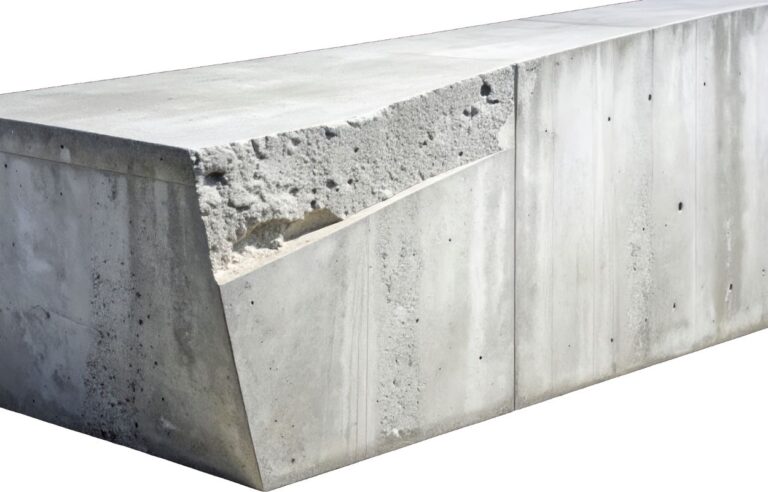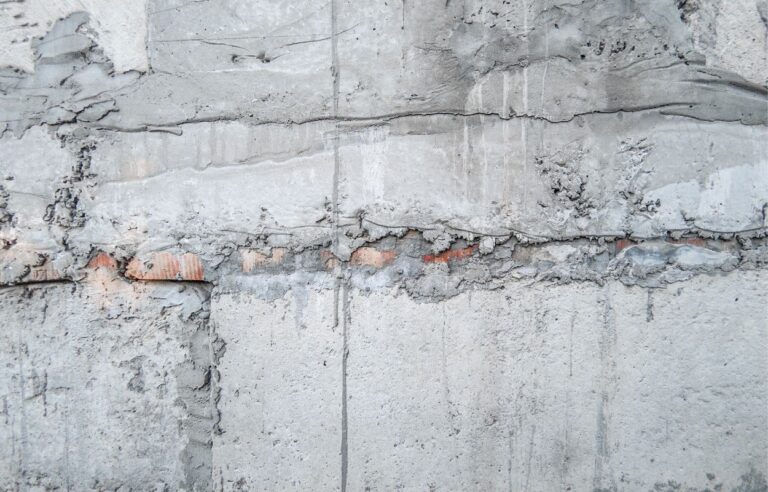***PLEASE NOTE: This article is not intended to be used as medical advice. If you suspect you have been exposed to lead, or before taking any of these listed supplements, please consult with your doctor or another medical professional. If you suspect there is lead in your home, please feel free to contact us or another abatement company for more information.***
When we talk about lead exposure, the first thing that usually comes to mind is old paint or contaminated water. But here’s something not everyone realizes—what you eat can actually affect how much lead your body absorbs. Yep, that’s right. Your diet can play a big role in protecting you from the harmful effects of lead. Let’s dive into how nutrition can help, and why it’s so important for anyone concerned about lead abatement in Parksville or anywhere else.
WHY LEAD IS SUCH A BIG DEAL
Before we get into the food side of things, let’s take a quick look at why lead is so dangerous. Lead is a toxic metal that can mess with almost every organ in your body. It’s especially harmful to young kids and pregnant women. Even small amounts can cause problems like developmental delays, learning issues, and high blood pressure.
What makes lead even more dangerous is how sneaky it is. You can’t see it, smell it, or taste it. And once it’s in your body, it tends to stick around—especially in your bones and teeth. That’s why reducing how much your body absorbs is so important.
HOW LEAD GETS INTO YOUR BODY
Most people come into contact with lead through dust, paint chips, soil, or drinking water. Older homes, especially those built before 1978, are high-risk zones because lead-based paint was still commonly used back then.
When lead particles are swallowed or breathed in, they enter your bloodstream. From there, they can travel throughout your body and settle into places you definitely don’t want them—like your brain, liver, kidneys, and bones.
NUTRITION CAN ACT AS A SHIELD
Here’s the good news. Certain nutrients can actually help block lead from being absorbed into your body. Think of these nutrients as bouncers at the door of a nightclub, refusing to let the bad guy (lead) get in.
When your body has enough of the right vitamins and minerals, it doesn’t absorb as much lead. But if you’re low on those nutrients, your body might accidentally grab onto lead instead. So eating a healthy diet isn’t just good for your general well-being—it’s a legit way to defend yourself from lead exposure.
CALCIUM IS YOUR FIRST LINE OF DEFENSE
Calcium is one of the biggest players when it comes to blocking lead. Your body needs calcium to keep your bones strong. But if you don’t get enough of it, your body will try to get calcium from other sources—including lead. That’s a big problem.
Eating foods rich in calcium can reduce how much lead your body absorbs. Great sources include dairy products like milk, yogurt, and cheese. But if you’re not into dairy, there are other options like leafy greens, almonds, and fortified plant milks.
IRON HELPS TOO—MORE THAN YOU THINK
Iron is another essential nutrient that can make a big difference. When your body is low on iron, it absorbs more lead. So keeping your iron levels healthy is super important, especially for kids.
Red meat, poultry, and fish are packed with iron. Plant-based eaters can get iron from beans, lentils, tofu, and fortified cereals. Just remember that vitamin C helps your body absorb iron, so pairing iron-rich foods with something like oranges or tomatoes is a great idea.
VITAMIN C BOOSTS YOUR BODY’S DEFENSES
Speaking of vitamin C, it’s a powerhouse when it comes to protecting your body from lead. Not only does it help you absorb iron, but it may also help your body eliminate lead more efficiently.
Citrus fruits are the obvious choice—think oranges, lemons, and grapefruits. But bell peppers, strawberries, and broccoli also have lots of vitamin C. Adding these foods to your meals is a simple way to support your body’s natural detox system.
ZINC PLAYS A SUPPORTING ROLE
Zinc might not be the first nutrient you think of, but it still matters. It helps with cell repair and boosts your immune system, both of which are important when dealing with lead exposure.
Good sources of zinc include meat, seafood, whole grains, nuts, and seeds. If you’re already eating a balanced diet, chances are you’re getting some zinc without even realizing it.
HYDRATION MATTERS MORE THAN YOU THINK
Staying hydrated is another easy way to help your body flush out toxins like lead. Water supports your kidneys, which filter waste from your blood. So make sure you’re drinking enough water throughout the day. If your water supply might be contaminated with lead, always use a certified water filter.
FOODS TO AVOID WHEN DEALING WITH LEAD
Just like some foods help block lead, others can make things worse. Highly processed foods that are high in fat and sugar can reduce how well your body absorbs helpful nutrients like calcium and iron. That means you’re more vulnerable to lead absorption.
Try to limit fast food, chips, candy, and sugary drinks. Instead, go for whole foods like fruits, veggies, lean protein, and whole grains. Your body will thank you.
WHO NEEDS TO BE THE MOST CAREFUL?
Everyone should care about lead exposure, but some people are more at risk than others. Young children absorb lead more easily than adults, and their brains are still developing, so the damage can be more severe. Pregnant women also need to be extra cautious because lead can pass through the placenta.
If you live in an older home, especially one in need of lead abatement in Parksville, it’s a good idea to get your place tested. While you work on removing the source of the problem, adjusting your diet can offer a bit of extra protection.
NUTRITION ISN’T A MAGIC FIX—BUT IT HELPS
Let’s be clear—eating a healthy diet doesn’t mean you can ignore lead hazards. If there’s lead in your home or environment, you still need to deal with it. But improving your nutrition is something you can do right away to help your body defend itself.
Whether you’re actively involved in lead abatement in Parksville or just want to protect your family from everyday exposure, eating well is a smart move. It’s one of the easiest tools you have in your health toolbox.
THE TAKEAWAY
Lead exposure is a serious issue, but your body isn’t totally helpless. With the right nutrients, you can help block lead from getting absorbed and help your body flush out what does sneak in. Calcium, iron, vitamin C, and zinc are your nutritional allies. And good hydration supports it all.
If you live in an older home, or just want to play it safe, take a look at your pantry. A few simple changes to your diet can make a real difference. Combine that with professional lead testing and removal, and you’ll be setting yourself and your family up for better long-term health.
After all, food is more than just fuel—it’s also protection.
